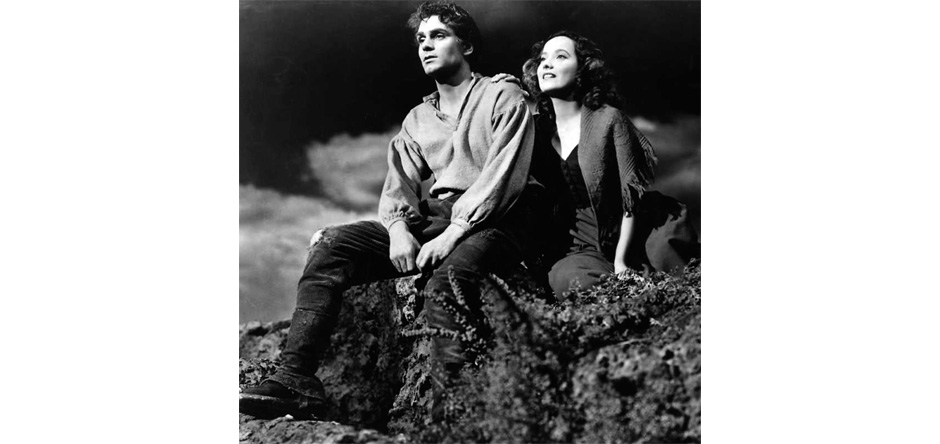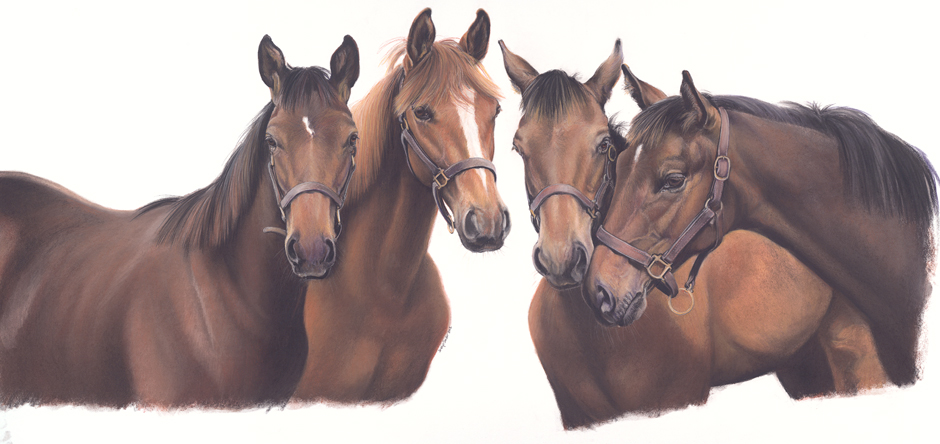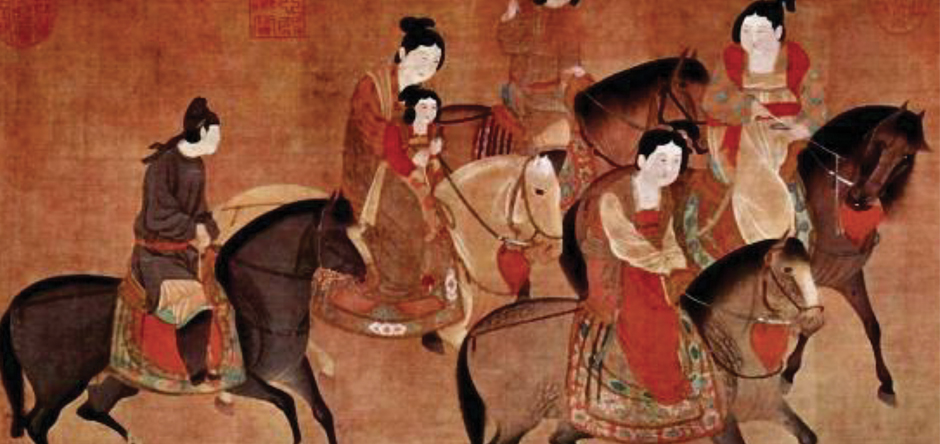Perhaps nature is less at war with itself than we are with nature. We struggle, in the biblical scheme of things, to “fill the earth and subdue it” — fracking and framing it, corralling and redirecting it, harnessing and leashing it, muzzling and manicuring it. But in the end, we exercise little control over nature as the land and sea cover us all, and we return to the elements from which we came.
This is particularly true of our animal nature, which has evolved over millennia. How many times have we heard about nature’s (and our) maternal instinct: Is that the maternal instinct of the dog that rescues her pups from a burning building one by one — carrying them out by the scruff of their necks at great risk to herself, resting only when the last of the litter is safely out of harm’s way? Or is the basic instinct we speak of that of the panda that kills one of her two cubs, because she can only care for one and so must sacrifice the other to give the stronger a chance for survival?
What about the tiger mother? Amy Chua, the New Haven lawyer and mom, raised a firestorm when she used that metaphor in her memoir “Battle Hymn of the Tiger Mother” to describe the rigorous Chinese approach to parenting. Maybe her critics were just “going for the jugular,” another remnant of our animalistic ancestry.
Or take “animal magnetism,” now there’s something we can sink our teeth into, right? Marlon Brando in a ripped T bellowing for “Stellaaaaaaaaaaa!” as Stanley Kowalski in Tennessee Williams’ “A Streetcar Named Desire,” one of the most memorable mating calls in history. We understand instantly why Kim Hunter’s Stella descends to it, quite literally. But Stanley’s rape of her sister, Blanche, which is part of that same animal lust and hastens her descent into madness? Not on your life.
Our relationship with our animal nature, then, is an ambivalent one at best, stemming from the knowledge that though we have long since transcended this heritage, we remain tethered to it.
“A man has a choice,” the righteous Adam Trask (Raymond Massey) tells his seemingly bad-to-the-bone son Cal (James Dean) in the 1955 film “East of Eden,” based on John Steinbeck’s sweeping retelling of Adam and Eve, Cain and Abel. “That’s where he’s different from an animal.”
But while it’s a lesson he will ultimately come to absorb — albeit after much tragedy — the wily Cal also recognizes something that his naïve father does not: “I guess there’s just a certain amount of good and bad you get from your parents….” Or as Freud would say, “Biology is destiny.”
Because we’re part of nature, we go to extremes to anthropomorphize it, often with calamitous results. Nature is either good and innocent — Eden before the fall — or manipulative and sinister.
“Look at this jungle,” the ruthless Lt. Col. Gordon Tall (Nick Nolte) tells the compassionate Capt. James Staros (Elias Koteas) as he drives him and his men to take a Japanese-held island during the Battle of Guadalcanal in “The Thin Red Line” (1998). “Look at the vines, the way they twine around the trees, swallowing everything. Nature’s cruel, Staros.”
But nature — represented in the film equally by lotus blossoms and crocodiles — is neither here nor there. It is what it is. The only part of nature capable of cruelty is man himself, because he alone can reason between good and evil. (Or is what we perceive to be good and evil nothing more than our failure to bring our animalistic antecedents into harmony with our evolved rational mind?)
Still, we either refuse to acknowledge any of this or fail to reconcile it. Virtually and physically, we feed our bloodlust along with our lust, thrilling — or at least acquiescing — to brute power like Stella. We rail against nature in a mistaken stab at control like Captain Ahab, hell-bent on avenging himself on the great white whale that took his leg in Herman Melville’s “Moby-Dick,” as if such vengeance could make him whole.
We try to have it both ways — the freedom of the wild and the status of society. In Emily Brontë’s “Wuthering Heights,” Catherine Earnshaw forsakes the Heights, her rough-hewn childhood home flung upon the moors, and her equally earthy soulmate, Heathcliff, for the cultured comforts of neighboring Thrushcross Grange. But no amount of outward finery can transform Cathy and Heathcliff into gentlefolk, and her betrayal of nature – and thus of her true nature — sets him on a course of revenge and destroys them both.
What keeps Cathy and Heathcliff from union, reunion and communion with each other? Or as the Christ-like Pvt. Witt (Jim Caviezel) wonders in “The Thin Red Line,” “What keeps us from reaching out, touching the glory?”
It is this — that we remain divided from nature, because we remain divided in ourselves.





